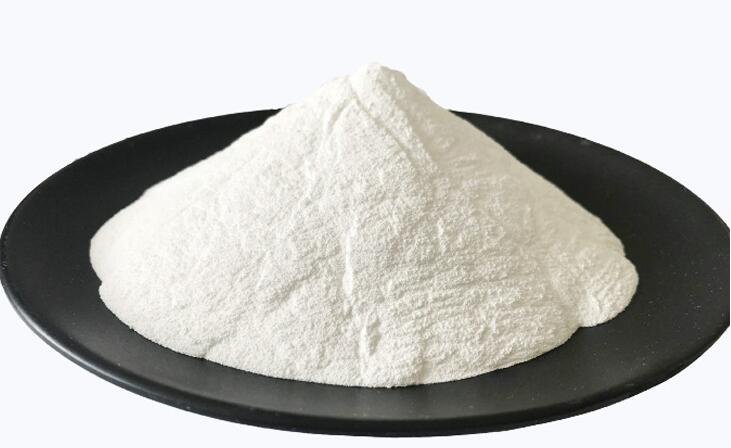Magnesium chloride-assisted roasting-hydration method: a fine chemical approach to prepare highly dispersible magnesium hydroxide

The magnesium chloride-assisted roasting-hydration method is an advanced chemical synthesis technology for producing magnesium hydroxide with high dispersibility and good morphology control. This paper introduces the process flow, key steps and advantages of this method in detail.
Raw material selection and pretreatment: Use flaky magnesium hydroxide with an original particle size of 0.5 μm to 3.0 μm as the raw material. This raw material has a certain agglomeration phenomenon, and the average agglomeration particle size is about 12.5 μm.
Magnesium chloride assisted roasting: The raw materials are mixed with magnesium chloride and then roasted. Magnesium chloride promotes the formation of the basic magnesium chloride intermediate phase, which blocks the particles from sticking and prevents agglomeration. The roasting conditions need to be precisely controlled to ensure the effective formation of the intermediate phase.
Hydration treatment: The calcined material is converted into highly dispersed magnesium hydroxide through hydration treatment. The hydration conditions include temperature, time, stirring rate, etc. to ensure sufficient and uniform hydrolysis reaction.
Post-processing and characterization: The product undergoes post-processing steps such as filtration, washing, and drying to remove impurities and adjust physical and chemical properties. The final product is characterized by XRD, SEM, TEM and other means to verify its dispersion, morphology and particle size distribution.
The magnesium chloride-assisted roasting-hydration method can accurately control the morphology and particle size distribution of magnesium hydroxide. The obtained magnesium hydroxide has high dispersibility and is suitable for application fields with strict requirements on material properties.
The advantage of this method lies in its ability to precisely control the product morphology and particle size distribution, as well as the high dispersibility of the obtained magnesium hydroxide, making it an ideal choice for catalyst carriers, advanced composite materials, drug delivery systems and environmentally friendly materials.
With the growing demand for high-performance materials, further optimization and application development of the magnesium chloride-assisted roasting-hydration method will bring new opportunities to the field of materials science and promote related industrial applications to develop in a more efficient and environmentally friendly direction.








